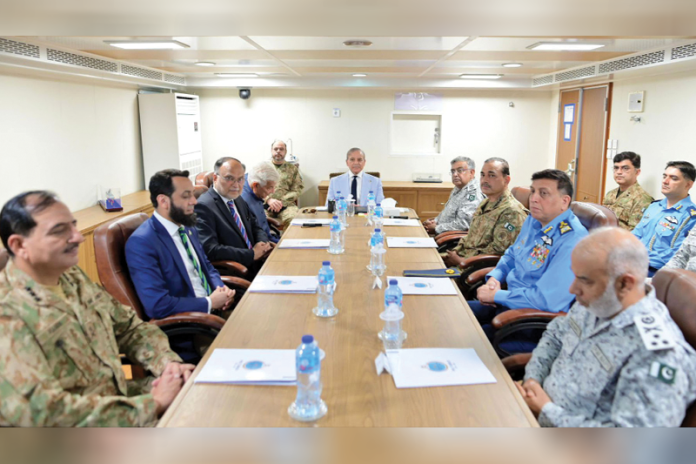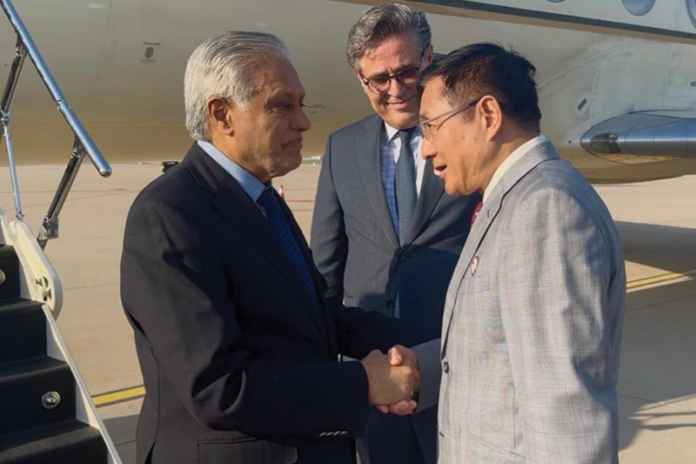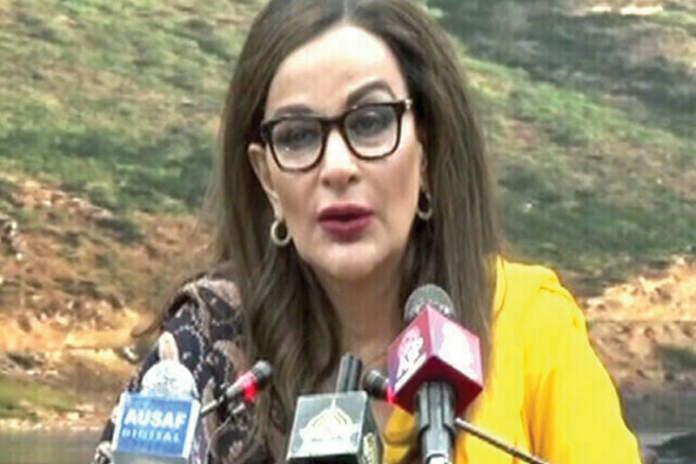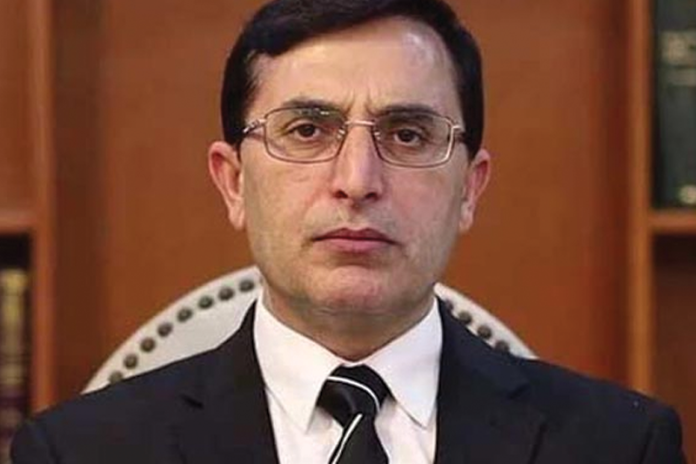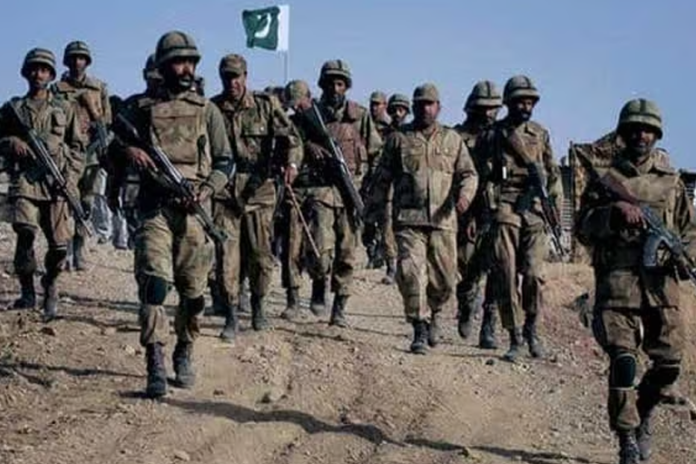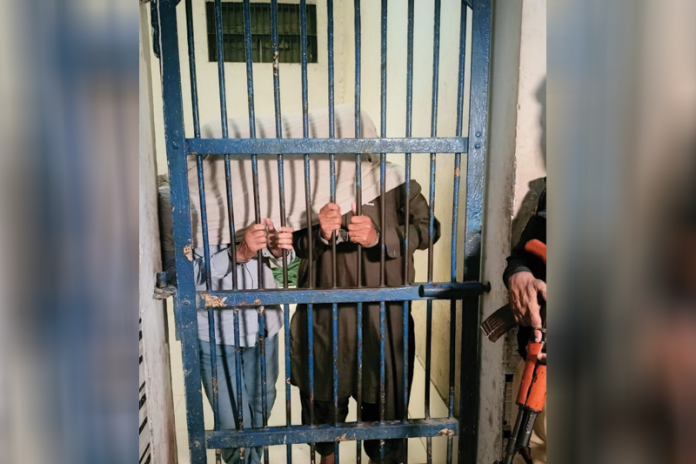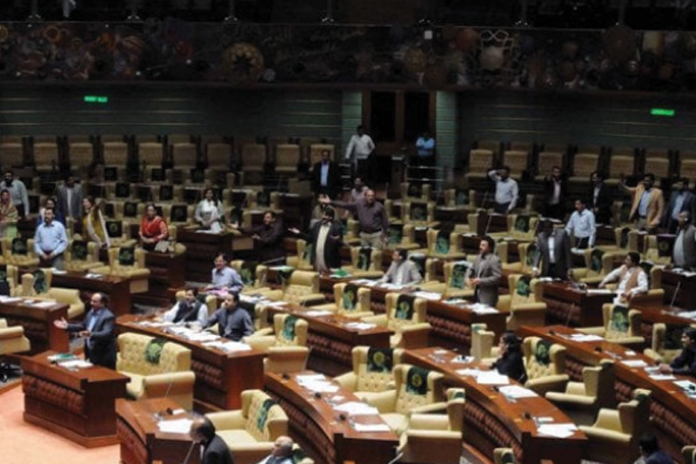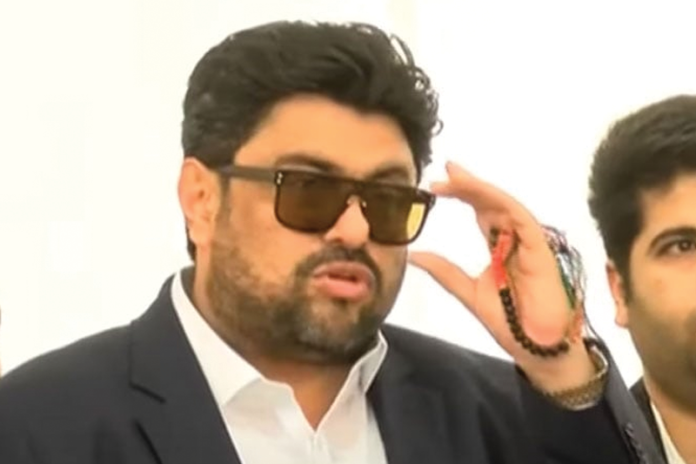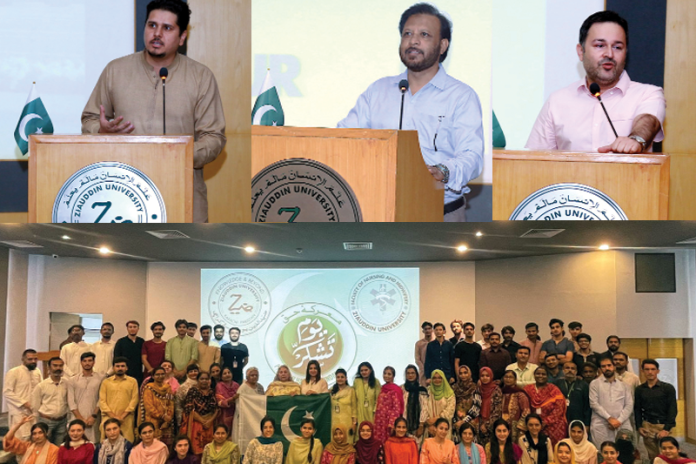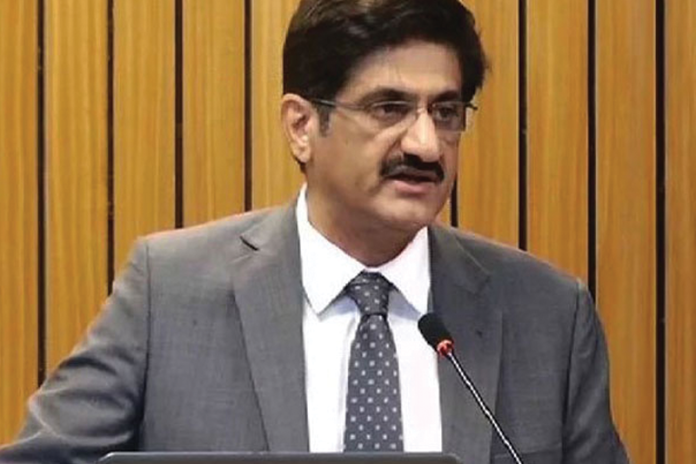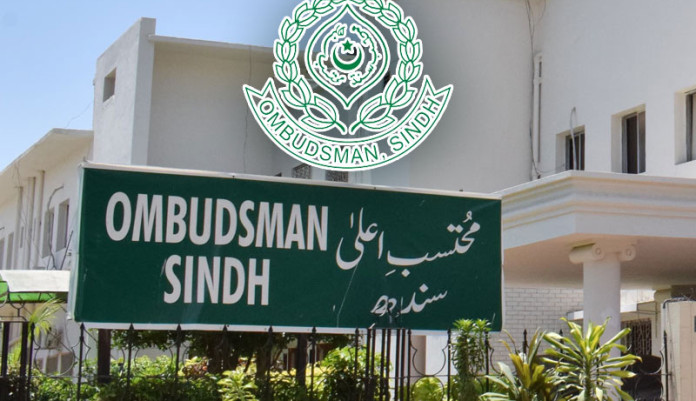Border trade endeavors
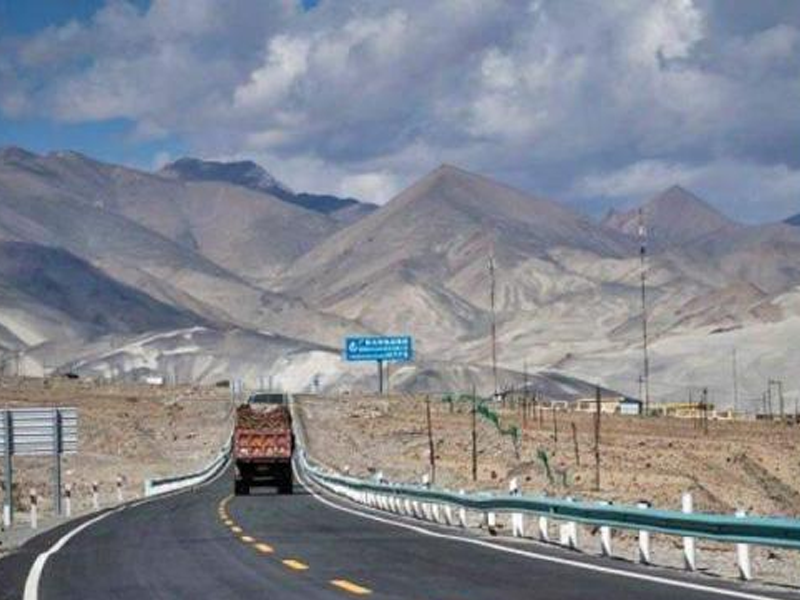
- 259
- 0
It is only possible to deal with the economic crises that Pakistan is facing, if it expands economic relations not only in the region but also with the whole world. Pakistan and Iran have been long-standing trading partners.
In recent days, due to the decline in domestic production and the increase in dependence on imports, Iran's trade has been seen to grow unilaterally. According to the latest media report, the volume of imports from Iran in the first eleven months of this fiscal year, which is about to end five days later, has reached close to 95 million dollars. According to government sources, Iranian imports for Pakistan in this fiscal year the volume of imports was 20% higher than the previous year, while in the month of May it was 10% higher. This situation shows Pakistan's trade imbalance with Iran and the same is the case with other countries in the region, according to which Pakistan's trade deficit with 9 countries is 11 in the first eleven of this fiscal year. It increased by 40.37% to 8.411 billion dollars in the month.
The deficit was 5.992 billion dollars in the same period last year. Iran is a major buyer of rice, mango and cano from Pakistan, while other goods include textiles, surgical equipment, machinery, automobiles, Imports steel products, furniture, plastic goods, spices, sports goods, leather products, cement, salt, sugar, sulphur, pharmaceuticals, dairy and livestock. These Pakistani goods are in great demand worldwide. Months ago, on the occasion of the late Iranian President Ibrahim Raisi's visit to Pakistan, it was agreed to take the bilateral trade volume between the two countries to the level of 10 billion dollars, which is to be fulfilled anyway. But it is also inevitable in the context of trade with other countries, which will improve the balance of payments and trade deficit can be converted into profit. Iran is our neighboring country and there is a 900 km long border between Iran and Pakistan on both sides of which Baloch tribes are living. Panjgur district of Balochistan, bordering Iran, is located only 520 km away from the provincial capital Quetta, with a total population of 500,000 people. The main livelihood of 90 percent of the people of Panjgur is informal trade between Pakistan and Iran . People here bring Iranian petrol and diesel to Balochistan through secret routes from where it is supplied throughout the country. Formal trade between Pakistan and Iran takes place through the land routes of Panjgur, Mand, Washik and Gwadar. The mutual trade between Pakistan and Iran is about one billion dollars, in which Pakistan's export to Iran is 22 million dollars and Iran's export to Pakistan is 837 million dollars. In August last year in Islamabad, the then PDM government prepared a 5-year 2023-28 trade cooperation plan with his Iranian counterpart Hussain Amir to finalize the Free Trade Agreement (FTA). The trade target has been set at 5 billion dollars. The major problem of trade between Pakistan and Iran is the lack of banking channels in both countries.
In order to promote official trade, it is necessary to establish banking channels in both countries as soon as possible. Pakistan, Iran, Afghanistan and Russia have agreed on barter trade instead of currency transactions. Iran can trade iron, steel, chemical and petroleum products to Pakistan while Pakistan can trade basmati rice, textile and other products to Iran. Pakistan is also buying 104 MW of electricity from Iran, while a new contract for 100 MW of electricity has been signed for Gwadar. Iran is our neighboring Islamic country with immense opportunities to increase trade. Both the countries should stop the cross-border sabotage activities of terrorists from their country. Apart from this, we have to restore the atmosphere of trust between the two neighboring countries by completing the Pak-Iran gas pipeline project as soon as possible to protect our economic interests. Pakistan-Iran relations are giving hope for a bright future. Pak-Iran gas pipeline project is being implemented. A serious proposal of mutual trade through Islamabad, Tehran, Istanbul train is under consideration. Road to Makkah project is becoming a reality. In recent months, there has been some tension between the two Muslim brotherly countries, who are also good neighbours. The tension arose due tit-for-tat military actions by the two countries and strategic analysts say that this tour will help mend the ties. Moreover, a number of economic endeavours are also in the offing between the two states. It would not be out of place if it is said that we have not been able to keep up with the times, especially in economic matters. This is the reason why Pakistan reached the point of default after the recession that engulfed the whole world some time ago. Pakistan's economic condition is still not enviable that it has to approach the IMF. However, in the meantime, a breath of fresh air has come in the form of news that Pakistan and Iran have decided to establish a joint special economic zone.
Pakistan-Iran joint special economic zone will be established at the government-to-government level at Ramdan-Gabd border. The establishment of the special economic zone will further expand economic relations between the two countries. According to government sources, Pakistan can export textiles, agricultural products, pharmaceuticals, iron and steel products to Iran. In the same way, the pressure on the current account can be reduced by establishing import substitution industries in the joint special economic zone.



